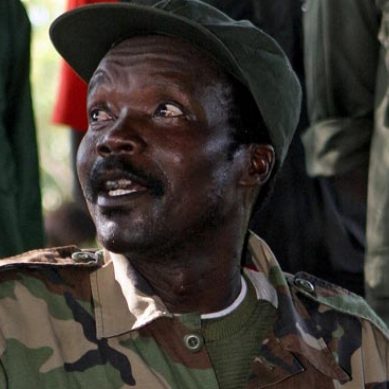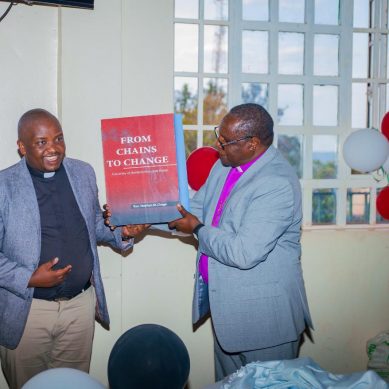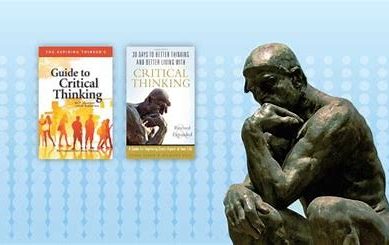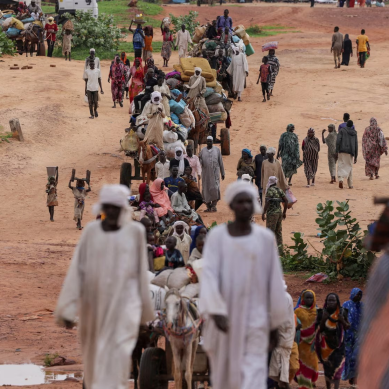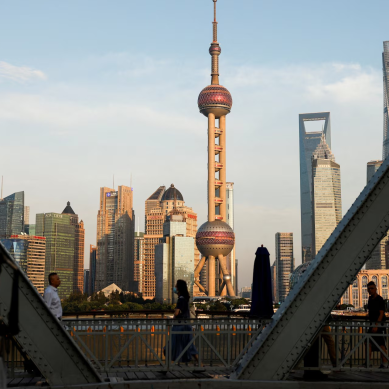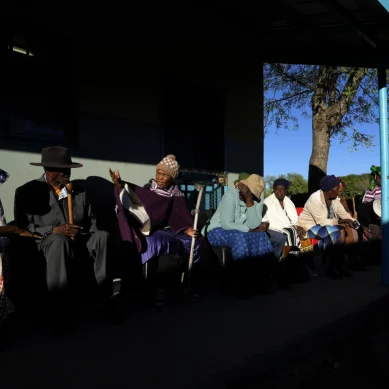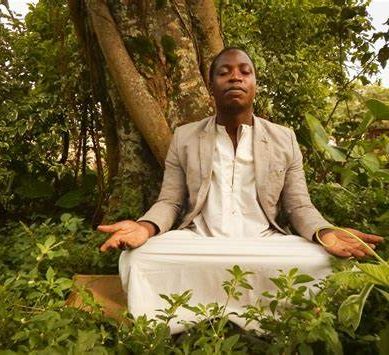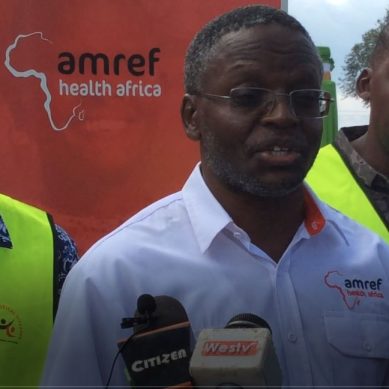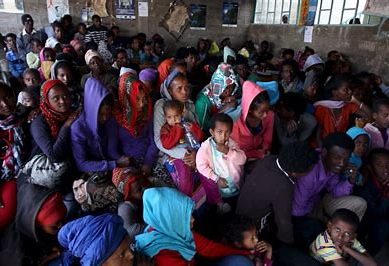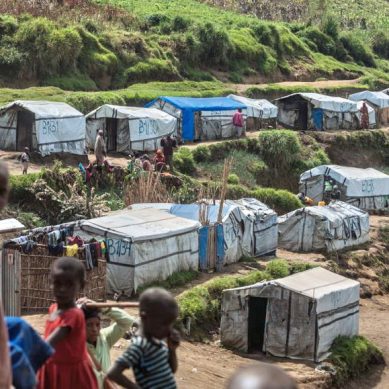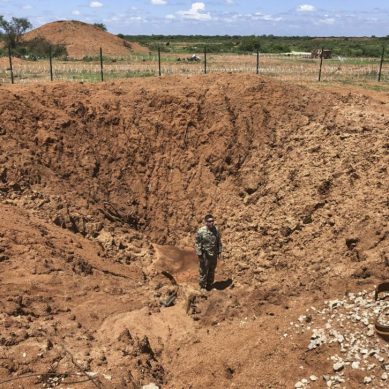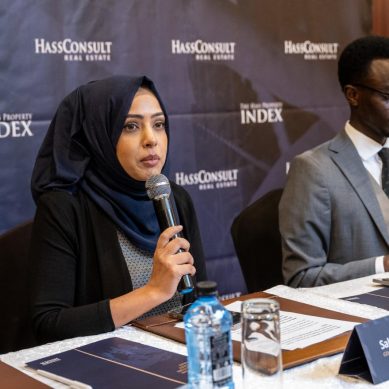Why critical thinking and alternative analysis pursued by Ugandan academics are key to questioning existing orthodoxies in East Africa
At the end 2017 the staff of the CSGMC delivered a critical paper on Transboundary Water Governance for Inclusive Development and Environmental Sustainability in the Nile Basin at the first Nile Basin Discourse (NBD) Summit. The summit, organised by the NBD, was held Imperial Botanical Beach Hotel, Entebbe, Uganda on November 29-30, 2017.
Sudan suspends participation in global hunger-monitoring system on eve of famine report
In a letter dated December 23, the government’s agriculture minister said the government is halting its participation in the Integrated Food Security Phase Classification (IPC) system. The letter accused the IPC of “issuing unreliable reports that undermine Sudan’s sovereignty and dignity.”
Sources reveal China plans record $411 billion special treasury bond issuance next year
China’s 10-year and 30-year treasury yields rose 1 basis point (bp) and 2 bps, respectively, after the news. The planned special treasury bond issuance next year would be the largest on record and underscores Beijing’s willingness to go even deeper into debt to counter deflationary forces in the world’s second-largest economy.
While Southern Africa voters vented their anger via the ballot, in West Africa it was barrel of the gun
In Namibia, the candidate of the long-governing South West Africa People’s Organization or SWAPO — 72-year-old Netumbo Nandi-Ndaitwah — made history by becoming the country’s first female president.
Religion in Uganda: When indigenous African God died, Ugandans hurriedly installed White and Arab Gods who they can’t access
Indigenous African spiritual beliefs are not bound by a written text, like Judaism, Christianity and Islam. Indigenous African religion is primarily an oral tradition and has never been fully codified; thus, it allows itself to more easily be amended and influenced by other religious ideas, religious wisdom, and by modern development.
Spiritual colonialism, neocolonialism, conquests: How globalisation turned Ugandans into marionettes and they embraced it gleefully
In Uganda these different colonialisms have been revamped under NRM rule, thereby reversing the independence and development of the country and enhancing the country’s entrenchment in the global debt trap, with the ruling now unable to tick without borrowing from the local and global money markets or attaching the country wealth and natural assets to the creditor countries.
Kakamega county in western Kenya leads the East African in combating ‘forgotten’ tropical diseases that puts 25m at risk
Through End Fund, Amref is financing the war against the deadly tropical diseases by making available preventive drugs for the elimination of the diseases. Part of the campaign involves treatment of water, hygiene and sanitation at all levels.
How Ethiopia is suffocating with its own IDPs, refugees from the Sudans, Eritrea and Somalia
Levels of forced displacement in Mali continue to expand as the security situation deteriorates. Violence linked to militant Islamist groups has grown and these militant actors now control an estimated 50 per cent of the country.
Foreign appetite for Africa’s natural resources generates over 14 million refugees and internally displaced persons
With 3 per cent of its total population forcibly displaced, Africa has both a larger share and absolute number of forcibly displaced people than any other major region in the world.
Terrorist racism: Why terror group fails to set up shop, launch deadly attacks in Ethiopia
The Somali regional state is a natural stepping stone for al-Shabaab attempts at infiltrating Ethiopia, mainly because of its ethnic affinity to Somalia. However, the unfriendly relationship between the Ogden and al-Shabaab limits this potential.
